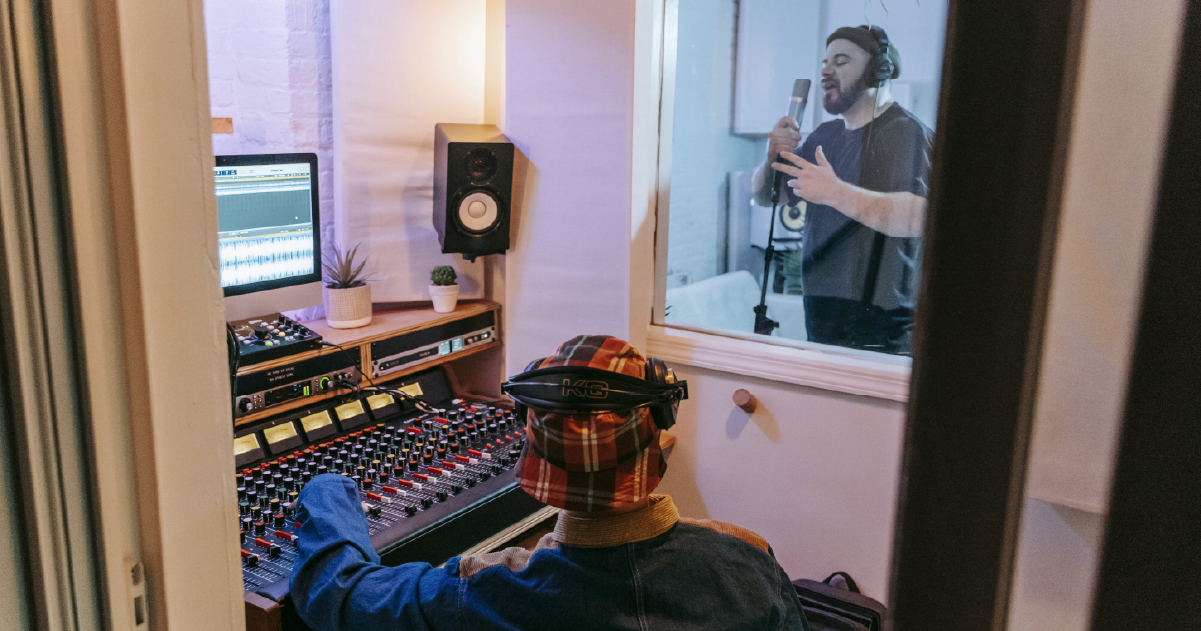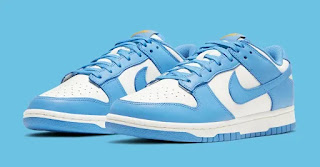A Guide to Roles in the Music Industry: Building Out Your Team
If you dream of having a career in the music industry, there are more opportunities than ever! It can be a lot to keep track of – the music industry includes a variety of roles that work together to create the music we listen to.
Hence, we’ve compiled a simple list of some of the most common industry roles and careers. Whether you’re building your team as an artist or exploring new career options, here’s a good starting point for understanding the diverse range of roles in the music industry.
Manager
A manager may oversee many facets of an artist’s career. It has a broad role in overseeing and managing an artist’s career. There are also different kinds of managers – business managers represent artists in matters such as finance, while tour managers coordinate logistics on tour.
On top of that, a manager’s role may vary depending on whether they are managing an indie artist or a major label/well-known artist. It may be kept to an advisory role, while others may assist in booking shows or coordinating press.
A manager may wear many different hats. However, the primary role of a manager is to connect the artist to the music industry and keep their career on track. An artist manager is there to assist and manage the day-to-day workings of an artist.
Booking Agent
A booking agent is responsible for booking your tour. This could be for concerts, festivals and even on-air performances. They can work independently or in-house with venues, although most work with established booking companies.
Generally, they work on full tours rather than one-off gigs and may request that you work with them exclusively for the tour. They also handle contracts and promotional material for the shows. Like managers, they typically work on a commission basis, so you likely need to be making money before hiring them.
Promoter
The role of a promoter is often confused with the role of a booking agent. Promoters oversee and organize the gigs, whereas the booking agents secure them on behalf of the artists.
In a nutshell, they are responsible for publicizing and promoting performances to advertise the show and draw in a crowd. Promoters work closely with artists and their managers to plan and host the event. They also negotiate the artist’s fees for their appearances.
While you may not work with them in the same way you might a manager or booking agent because their role is with the show, it’s a good distinction to know.
Publicist
Before you get the attention of managers, booking agents, and all the adoring fans, you need to have a strong brand and message to attract those opportunities. This is where PR comes in.
A publicist helps to polish your brand and solidify your messaging before getting the word out to blogs, podcasts, playlists, you name it. Their responsibility is to elevate your brand and build social proof that attracts new fans as well as introduces you to the industry.
If you are seeking new opportunities, gaining good press coverage can help you capture the attention of new audiences.
Marketing
More than ever, marketing is a key part of an indie artist’s career. As the music industry has changed and evolved, so has the role of music marketing. Music marketing involves a well-developed strategy, content creation, social media management, and much more.
PR and Marketing can work well hand-in-hand and there is some overlap. PR connects you with opportunities for exposure while marketing focuses on well-positioned content and strategy. This can come in many forms, but we commonly see it in social media, newsletters, and ads.




Comments
Post a Comment